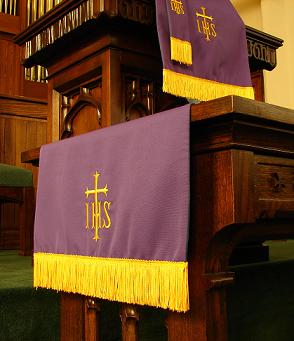THE CHRISTIAN WEEK & HOLY WEEK

RETURN TO DAYS & SEASONS (When We Worship)
THE CHRISTIAN WEEK & HOLY WEEK

RETURN TO DAYS & SEASONS (When We Worship)
 Copyright © 2011-2014 First Presbyterian Church, Richmond, KY. All rights reserved.
Copyright © 2011-2014 First Presbyterian Church, Richmond, KY. All rights reserved.Website design and hosting by Hilltop
Server: d05s03